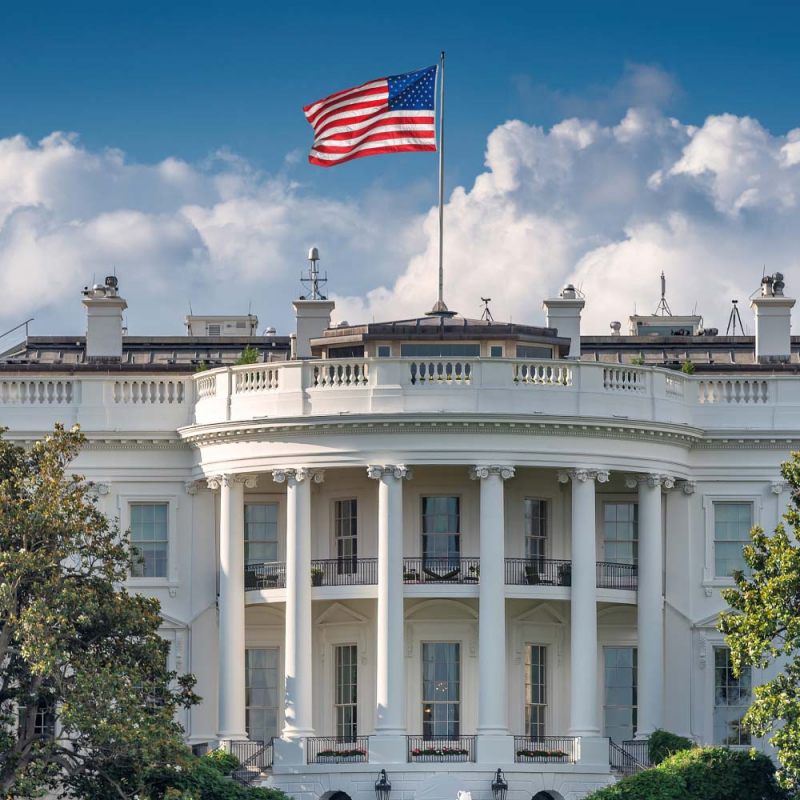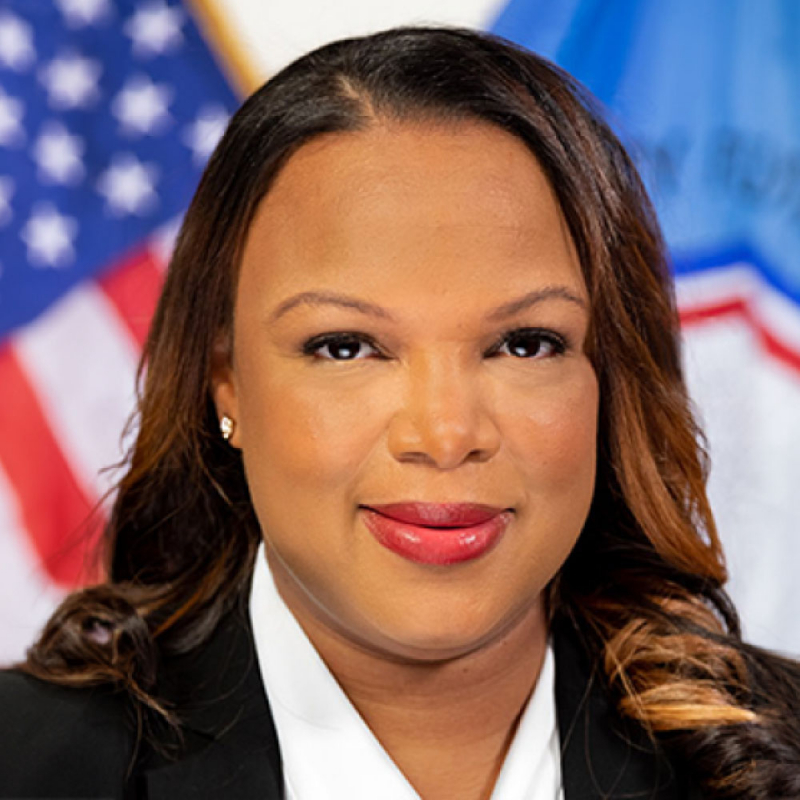NEW YORK – At a time when issues that impact the Black community are increasingly in the national consciousness, a group of top Black business leaders and advocates have formed a new political organization dedicated to supporting 2018 candidates who have committed to advancing policies that will improve outcomes for Black Americans. The Black Economic Alliance — led by a board that includes executives from a range of industries including media, finance, pharmaceutical, non-profit, and tech — will invest millions over the coming weeks to help elect gubernatorial, U.S. Senate, and U.S. House candidates in nationally-watched races this November. The group will focus exclusively on highly competitive races in states and districts with a significant Black population where turnout among Black voters could be decisive — and where the data analytics have shown this kind of investment will have an impact.
The first round of Black Economic Alliance endorsements unveiled today are gubernatorial candidates Stacey Abrams (GA), Richard Cordray (OH), and Ben Jealous (MD), and U.S. Senator Tim Kaine (VA). Additional candidate endorsements will be announced later this month. The Black Economic Alliance will contribute directly to the candidate campaigns, develop economic messaging targeted towards Black voters, and work with partners on the ground to help get out the vote.
“We’re in a unique position to understand both the priorities of the Boardroom and the far-reaching consequences of existing economic policies that disproportionately exclude Black Americans from accessing good-paying jobs and benefiting from programs that help build wealth in our communities,” said Tony Coles, Black Economic Alliance Co-Chair. “We want to bridge the gap between the political candidates and the people most impacted by their policies, so we can increase work, wages, and wealth for Black people in this country.”
Over the past 50 years, the Black community has fallen increasingly behind other groups across a range of economic measures including unemployment levels, income, and home ownership:
- Home ownership among Black Americans has remained unchanged in the last 50 years (Urban Institute).
- Poverty rates in the Black community have skyrocketed 15% over the last 50 years compared to 2% among Caucasians (U.S. Census Bureau).
- Today, 22% of Black Americans are living below the poverty line (U.S. Census Bureau).
- Just 6.8 percent of tech jobs are held by Black Americans (Brookings Institution).
- Even Black children raised by parents in the top 1% of earners grow up to have incomes 12.4% lower than their Caucasian peers (Equality of Opportunity Project).
Despite these dismal statistics, there has not been an organized effort to date to elect leaders in either Congress or the Governor’s Mansions who will champion policies that promote economic opportunity for Black Americans. After years of raising and investing money in philanthropies and political campaigns on an ad hoc basis, the founders of the Black Economic Alliance decided to unite their networks and expertise to scale their impact during this critical electoral cycle.
“Black communities in America continue to suffer from institutionalized economic disparities. With 6.7 million unfilled jobs in this country, it’s more important than ever that we invest in Black workers and businesses to make the economy work better for everyone,” said Akunna Cook, Executive Director of the Black Economic Alliance. “But the only way we get there is with a government that is accountable and responsive to the needs of the nation’s Black communities when it comes to jobs, pay, and economic opportunity.”
Black voters have already been a deciding factor in a number of special elections in the 2018 cycle – including Doug Jones’ upset U.S. Senate victory in Alabama last December. Political analysts estimate that this critical bloc will come into play in numerous statewide and congressional races heading into November.
The group is advised by veterans of both the Obama and Clinton campaign organizations and has already raised millions prior to its public announcement. Its leadership team will tap both major donors and grassroots activists for additional resources between now and Election Day.


